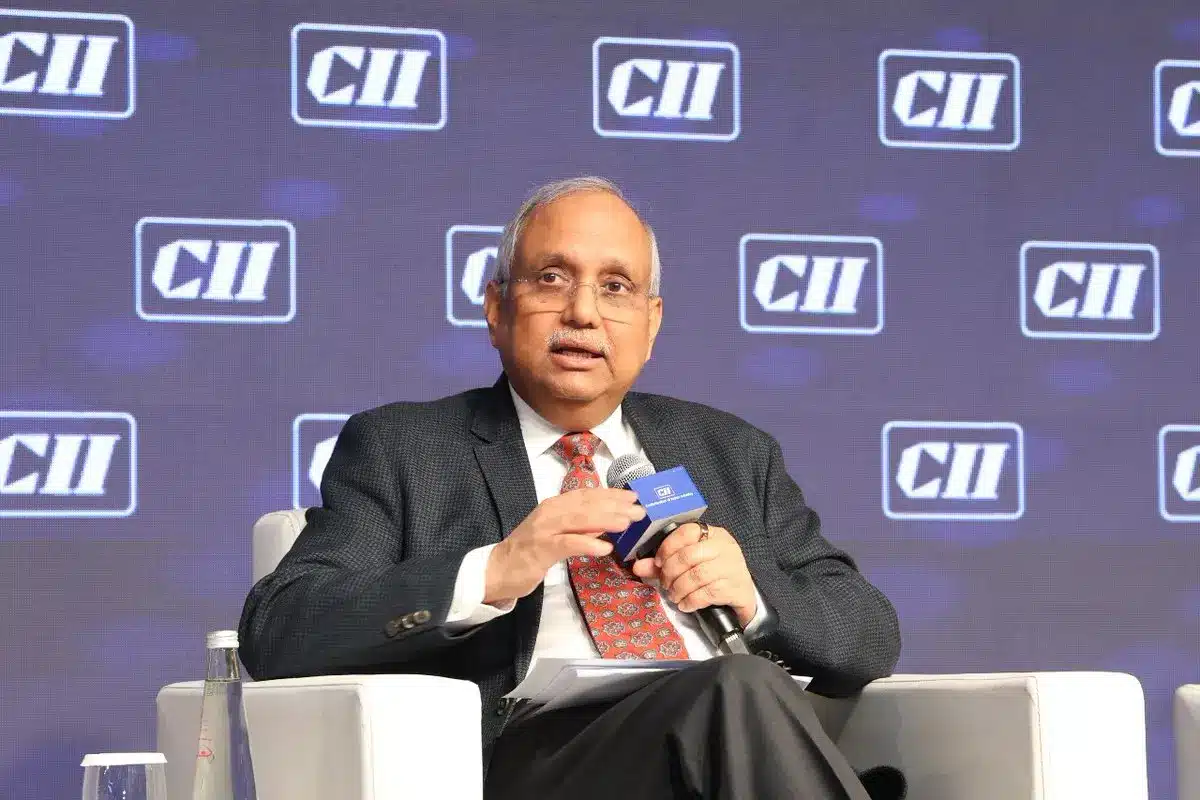CII Proposes Key Reforms for India’s Business Environment

As India prepares for the 2025-26 Union Budget, the Confederation of Indian Industry (CII) has put forth a comprehensive set of recommendations aimed at enhancing the ease of doing business (EoDB) in the country. These proposals come at a critical time when the global economic landscape is rapidly changing, and India must adapt to maintain its competitive edge. The CII’s 10-point plan emphasizes the need for streamlined regulatory processes and improved transparency to foster a more conducive environment for businesses.
Streamlining Regulatory Approvals
One of the central recommendations from the CII is the urgent need to streamline regulatory approvals across various levels of government. The organization advocates for the integration of all central ministries into the National Single Window System (NSWS) within the next six months. This system is designed to simplify the approval process for businesses by providing a single platform for all regulatory requirements. Following the central integration, the CII suggests a phased approach to include state governments in the NSWS.
The CII believes that a dedicated budget allocation could incentivize states to transition to this unified portal. By reducing the complexity of regulatory approvals, businesses can save time and resources, allowing them to focus on growth and innovation. Chandrajit Banerjee, the director general of CII, emphasized that simplifying regulatory frameworks is essential for boosting competitiveness and driving economic growth. The CII’s push for a more efficient approval process reflects a broader recognition of the need for agility in an increasingly competitive global market.
Enhancing Compliance and Transparency
The CII’s recommendations also highlight the importance of simplifying compliance requirements and enhancing transparency in regulatory processes. Banerjee pointed out that various compliance areas, such as land, labor, and environmental regulations, present significant opportunities for reduction. By minimizing these burdens, businesses can operate more efficiently, which is vital for economic growth and job creation.
Moreover, the CII calls for the establishment of a performance-based incentive system. This system would reward companies that consistently exceed environmental standards with expedited approvals and clearances. Such measures would not only encourage compliance but also promote a culture of responsibility among businesses. The focus on transparency is equally crucial, as it builds trust between businesses and regulatory authorities, fostering a more collaborative environment.
Addressing Legal and Dispute Resolution Challenges
Another critical aspect of the CII’s recommendations is the need for timely approvals and effective grievance redressal mechanisms. The organization proposes legislation that mandates public authorities to deliver services and resolve issues within a specified timeframe. If authorities fail to meet these deadlines, approvals should be automatically granted. This approach aims to eliminate bureaucratic delays that often hinder business operations.
Additionally, the CII emphasizes the need for faster dispute resolution. By enhancing court capacity and promoting alternative dispute resolution (ADR) mechanisms, the organization believes that case resolutions can be expedited. The extension of the National Judicial Data Grid (NJDG) to cover tribunal cases is also recommended to manage and reduce case backlogs effectively. These measures are essential for creating a more efficient legal framework that supports business activities and fosters investor confidence.
Budget Expectations and Economic Outlook
As the finance ministry prepares for the upcoming budget presentation on February 1, 2025, the CII’s recommendations will likely play a significant role in shaping policy discussions. This budget will be the eighth presented by Finance Minister Nirmala Sitharaman and is expected to address pressing economic challenges, including weak GDP growth and sluggish consumer demand.
India’s economy grew by only 5.4% in the July-September quarter of 2024-25, falling short of the Reserve Bank of India’s forecast of 7%. This disappointing performance follows a similarly subdued growth rate in the previous quarter. In light of these challenges, the CII’s proposals for improving the ease of doing business could be instrumental in revitalizing the economy. The finance minister has already begun pre-budget consultations, engaging with various stakeholders, including MSMEs, farmers, economists, and industry leaders, to gather insights and recommendations for the upcoming budget.
Observer Voice is the one stop site for National, International news, Sports, Editor’s Choice, Art/culture contents, Quotes and much more. We also cover historical contents. Historical contents includes World History, Indian History, and what happened today. The website also covers Entertainment across the India and World.
Follow Us on Twitter, Instagram, Facebook, & LinkedIn

